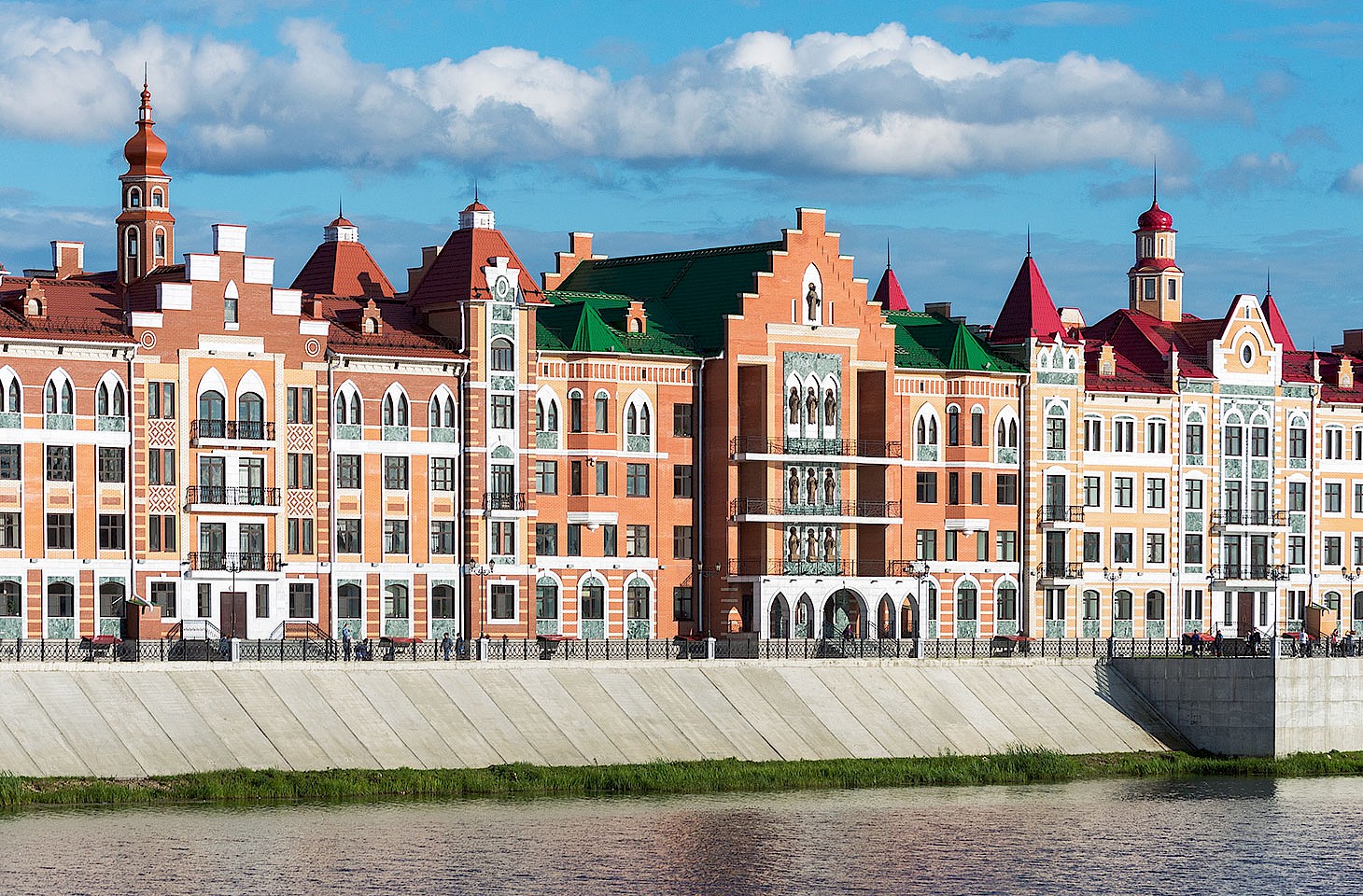As this issue of hidden europe was gearing up to go to press, most Europeans were getting ready to change their clocks, rolling time back by an hour in preparation for winter. So Berlin shifted from UTC+2 to UTC+1, and London moved from UTC+1 to UTC (often known in England as GMT). Most Europeans thus enjoyed an extra hour in bed on the morning of Sunday 26 October. Exceptions were folk in Iceland and Belarus. Iceland gave up the idea of seasonal timezone switches in 1968 and Belarus followed suit in 2011.
Russians certainly changed their watches on the last weekend of October, winding them back by an hour into winter time. And there they look set to stay, for in July this year the Russian Duma voted for eternal winter. The Russian Federation has had an on-off relationship with summer time, with its northern regions enjoying such long hours of summer sunshine that a time-zone switch hardly brings any further benefits — precisely the same argument which prompted Iceland to scrap summer time.


